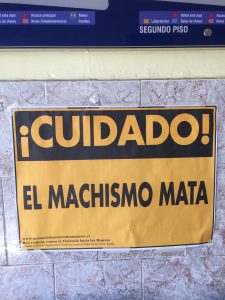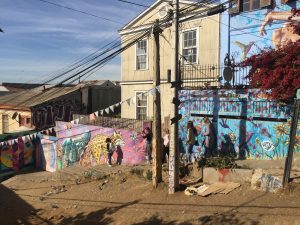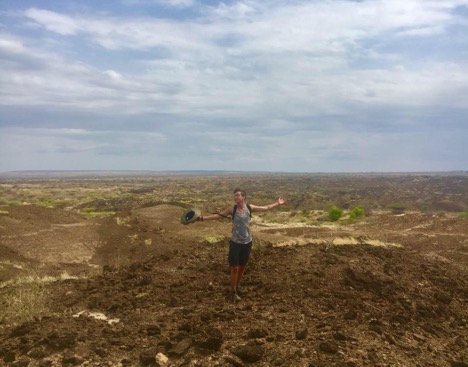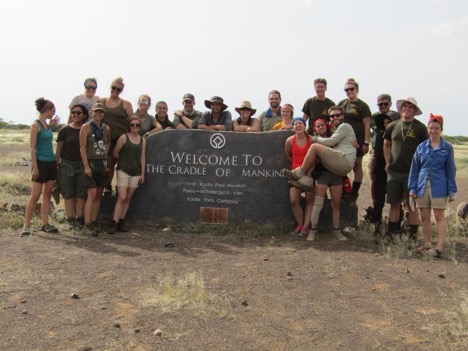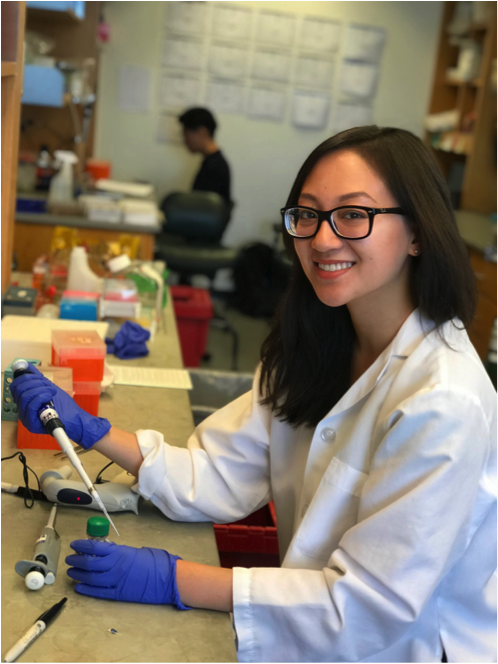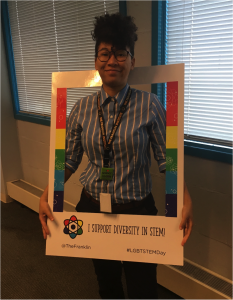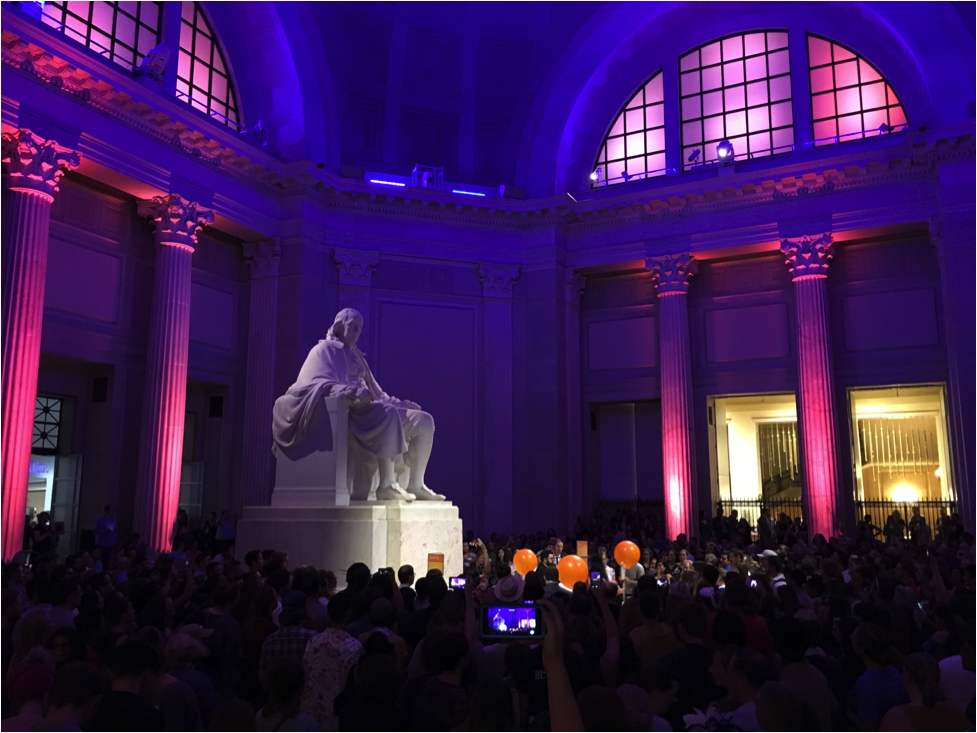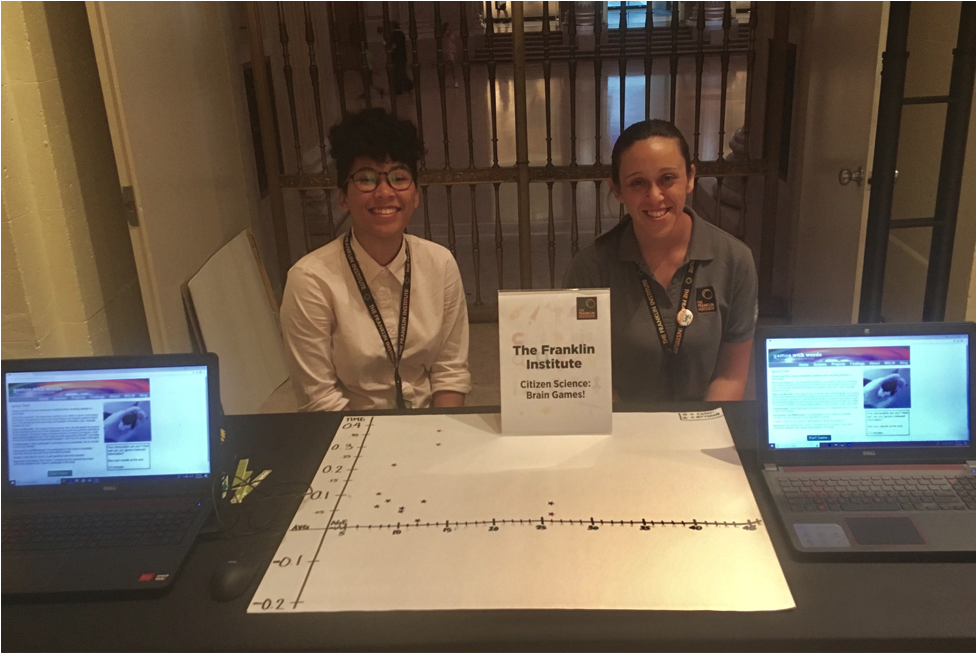Name: Zainab Batool
Class Year: 2021
Major: Physics
Hometown: Karachi, Pakistan
Internship Placement: Photonics Center, Boston University
Job Title: Undergraduate Researcher
Location: Boston
I worked as an undergraduate researcher at the Photonics Center, Boston University, from May 21 to July 30. The project I worked on is under the domain of CELL-MET funded by an NSF grant and involves assembling high-resolution magnetometers. The aim of the project is to then use these magnetometers in cardiac disease detection as they were able to detect micro magnetic fields produced by organs in the human body, as well to create functionalized fabricated heart tissue patches (“heart on a chip” technology). It is not only interesting due to the various techniques involved but also because of its relevance to human needs where millions of people worldwide suffer from cardiac diseases such as heart arrhythmias.
My tasks included assembling these magnetometers by modifying a cheap, widely available accelerometer produced commercially and then further characterizing it. I also had to give bi-weekly presentations on research papers printed in many different physics/engineering fields.
I and other undergraduate researchers at the center also had different meetings and activities during the week, some of which involved nanofabrication sessions in which we prepared gold plated silicon wafers as well as talks on entrepreneurship and resume building, among other things.
I applied for the Bryn Mawr Summer Science Research program to work under the supervision of Professor Xuemei Cheng from the Physics Department and expressed an interest in biophysics in my interaction with her. When I got into the program she suggested the opportunity for me to work at Boston University and I jumped at the chance to not only work at such a top-notch research university but also to be able to experience life in Boston for a full 10 weeks!
Apart from all the academic takeaways of this summer I also fell in love with Boston during this time. It seemed to me the perfect mix of busy and happening and yet also peaceful. The best thing about the city is how expansive it is in terms of what it has on offer — all you need to do is take the “T” and you are free to go on a “duck tour” or try out Turkish cuisine or just head over to the beautiful Boston Public Library.
The most rewarding aspect of the entire summer for me was the ability to live independently — I was surprised how good I was at “adulting.” From cooking my own food to taking care of the apartment I lived in to silly roommate spats, it wasn’t as hard as I had expected it to be.
My internship can be summed up well with the adjectives independent, busy and educational, while the nouns that pop into my head for it are lots of reading (and then some more), magnets and microscopes.





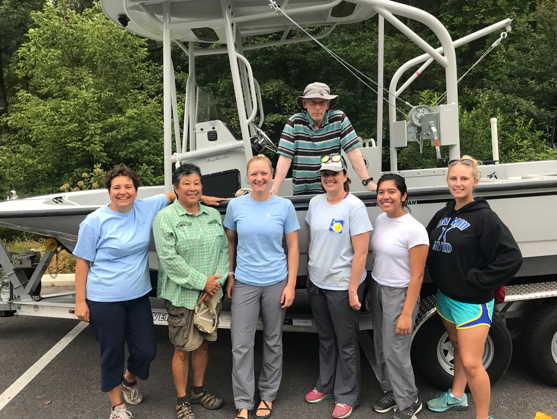
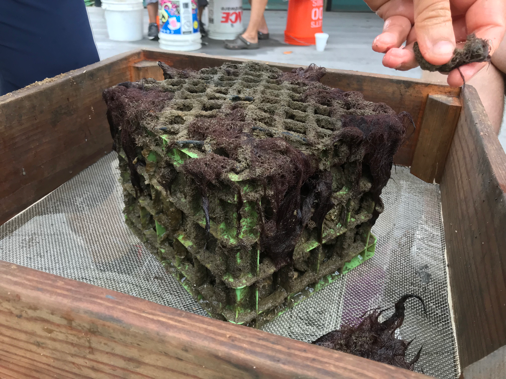
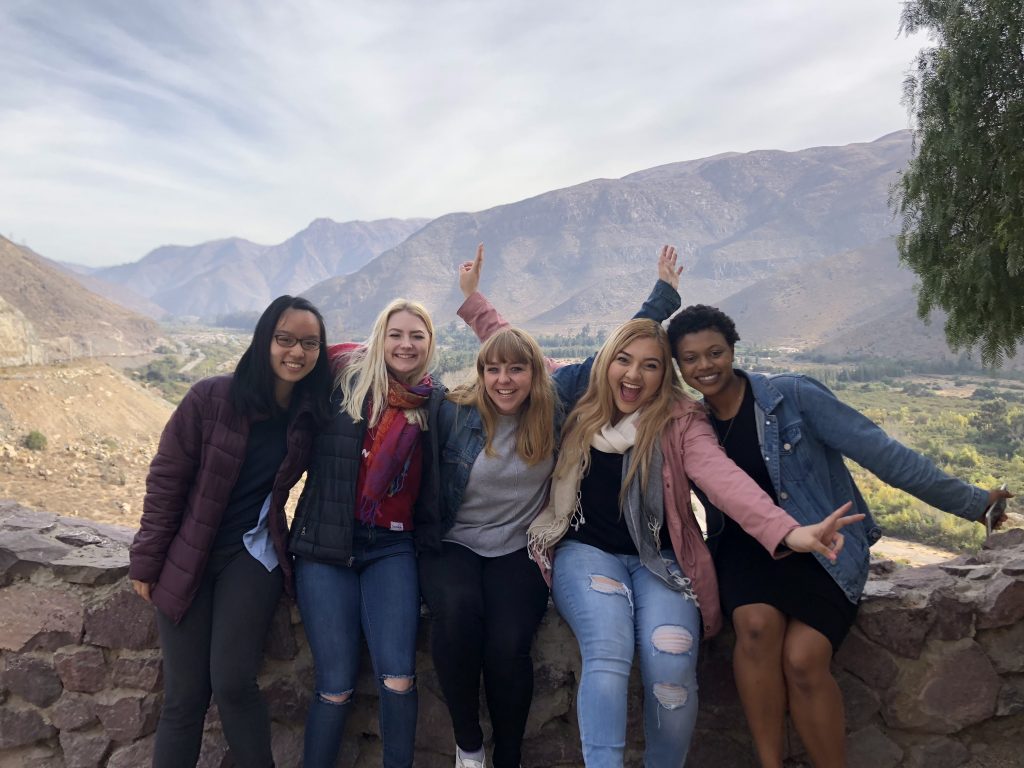 The day I landed in Santiago, Chile, was the moment I realized what REAL jet lag felt like. Sitting in a plane for more than nine hours in one position is pretty intense, but so worth the trip. My name is Valeria Aguilera Avila, I am a junior sociology major at Bryn Mawr College and I went to Santiago, Chile, for a two-month long summer internship!
The day I landed in Santiago, Chile, was the moment I realized what REAL jet lag felt like. Sitting in a plane for more than nine hours in one position is pretty intense, but so worth the trip. My name is Valeria Aguilera Avila, I am a junior sociology major at Bryn Mawr College and I went to Santiago, Chile, for a two-month long summer internship!